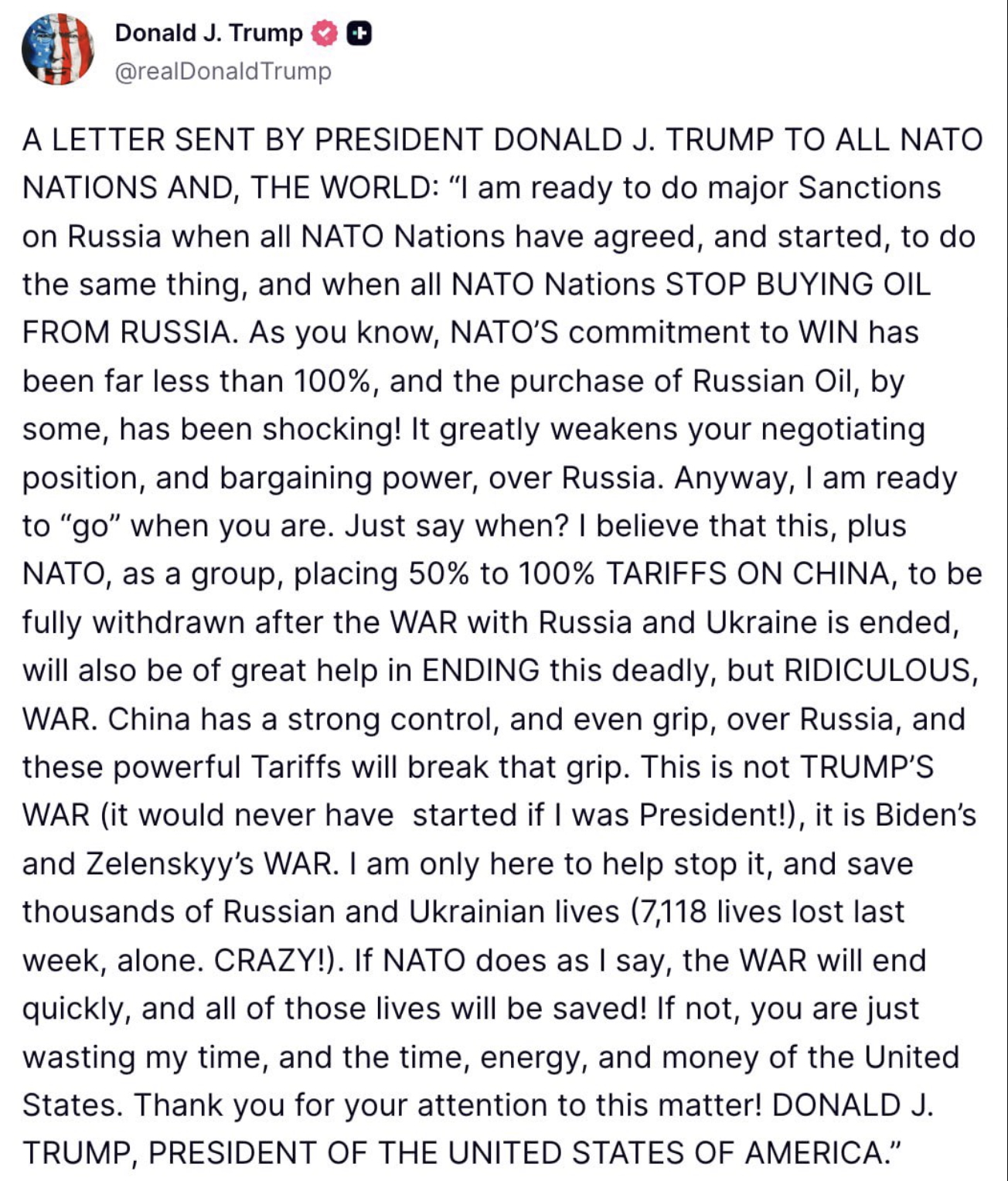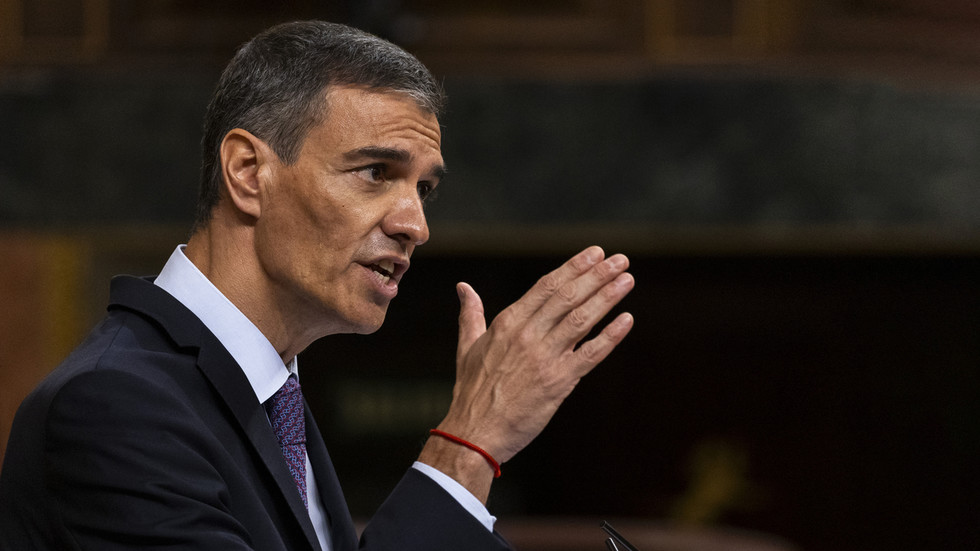Milton friedman, a Nobel-prizewinning economist, was an early fan of floating currencies. The case for flexible exchange rates, he once pointed out, is the same as the argument for daylight-saving time. In theory, people could start their summer days an hour earlier without any change in the clocks. In practice, it is easier to change the time than to change everyone’s habits. By a similar logic, whenever there is a shortfall in demand for a country’s goods and assets, it is easier to let one price, the exchange rate, drop than it is to cut all of a country’s other prices instead.
Your browser does not support the <audio> element.
Save time by listening to our audio articles as you multitask
Friedman made his analogy in the sedate 1950s when exchange rates seldom changed. In today’s more volatile markets, the clocks can be brutal. The yen has fallen by 20% against the dollar this year, the South Korean won by 17% and India’s rupee by 9%. After Kwasi Kwarteng, Britain’s chancellor, unveiled fresh tax cuts on September 23rd, the restless pound fell close to parity with the dollar. It was as wrenching as an alarm in the middle of a dream.
In the face of such discomfort, policymakers are often tempted to intervene in the currency markets. Japan’s finance ministry has tried to prop up the yen for the first time since 1998, selling foreign currencies in exchange for its own. The Reserve Bank of India has also acted, selling more than $40bn since the beginning of July by some estimates. South Korea’s finance minister has said the authorities will review “contingency plans” to stop the won falling so fast. Some economists have begun to look up how much Britain has stashed away in its foreign-exchange reserves. (Not a lot.)
Friedman thought currency defences were either unnecessary or impossible. If the shortfall in demand was large and lasting, intervention would only delay the inevitable, since the country would run out of foreign-exchange reserves. If the shortfall was small and fleeting, intervention was unnecessary. Instead of buying a temporarily cheapened currency, the government could rely on speculators to do the job, since they would profit whenever the currency regained its footing. Intervention was necessary only if the government was better at spotting a temporary misalignment than financial speculators whose livelihoods depended on it.
Early studies of intervention reinforced this scepticism. In 1982 the G7 commissioned a report which concluded that currency intervention had little durable effect. There was unusual consensus among economists that currency intervention was not an “effective or lasting” instrument, as Kathryn Dominguez of the University of Michigan and Jeffrey Frankel of Harvard later pointed out.
But more recent work has overturned this consensus, thanks both to theoretical and empirical advances. The longer-term impact of intervention can be hard to discern because central banks do not step into the currency markets at random. They sell foreign reserves when the currency is weakening and buy when it is under pressure to strengthen. And so a naive look at the data might suggest that intervention backfires: reserve sales are associated with a weaker currency, just as firefighters are associated with fires.
One response is to look at currency interventions that are bigger or smaller than would be expected. If a blaze attracts more firefighters than it would normally warrant, the extra firefighters will probably be associated with a shorter, better contained conflagration. That is one of several approaches taken by Andrew Filardo of the Hoover Institution, as well as Gaston Gelos and Thomas McGregor of the IMF, in a paper published in June. They concluded that if a currency is undervalued by 10%, sales of foreign-exchange reserves worth about 0.1% of GDP can strengthen it by more than 4%. If the authorities intervene systematically over several quarters, they get additional bang for their buck. The impact is also greater in shallow financial markets.
These effects are not limited to the minutes or days after an intervention. They show up even in quarterly data. But the impact is not permanent either. Intervention can narrow the kind of misalignments that occur over a one- to four-year span—it does not seem to influence longer-term swings in the currency.
Why does intervention work? One reason is that speculators are not as reliable as Friedman assumed. The outfits that bet on currencies have a limited capacity to bear risk. These limits tighten in times of stress, when financial institutions pull in their horns, reducing the size of bets. In such circumstances, national authorities may be better placed to correct misalignments, even if they are no better at spotting them.
Intervention may also work by serving as a signal of policymakers’ resolve. The government should, after all, know better than speculators what the government intends to do. It may be determined to pursue policies consistent with a stronger currency. But it may struggle to convince sceptical investors. Through currency intervention, it can put its (foreign) money where its mouth is. Of the 18 central banks from emerging economies surveyed by the Bank of International Settlements in 2018, nearly three-quarters identified signalling as “often or sometimes important”.
The clock is ticking
These results offer little encouragement to Japan or Britain, the two big economies suffering the steepest drop in their exchange rates this year. The Bank of Japan is still committed to capping its government’s bond yields, however high yields rise in other parts of the world. That stance, whatever its virtues, is hardly consistent with a strong yen. And given the size of Britain’s current-account deficit and the pace of its inflation, the diminished pound is not obviously weaker than it should be. Currency intervention can serve as a signal of tighter policies. It cannot substitute for them.
To support their currency, Britain’s authorities must either raise interest rates rather faster than planned or reassert budgetary discipline. Mr Kwarteng has said he will clarify his medium-term fiscal plans on November 23rd. If he is to save the pound, he may need to bring forward his fiscal clock. ■
Read more from Free Exchange, our column on economics:
China’s rulers seem resigned to a slowing economy (Sep 22nd)
Richer societies mean fewer babies. Right? (Sep 15th)
Europe’s energy market was not built for this crisis (Sep 8th)
For more expert analysis of the biggest stories in economics, business and markets, sign up to Money Talks, our weekly newsletter.














